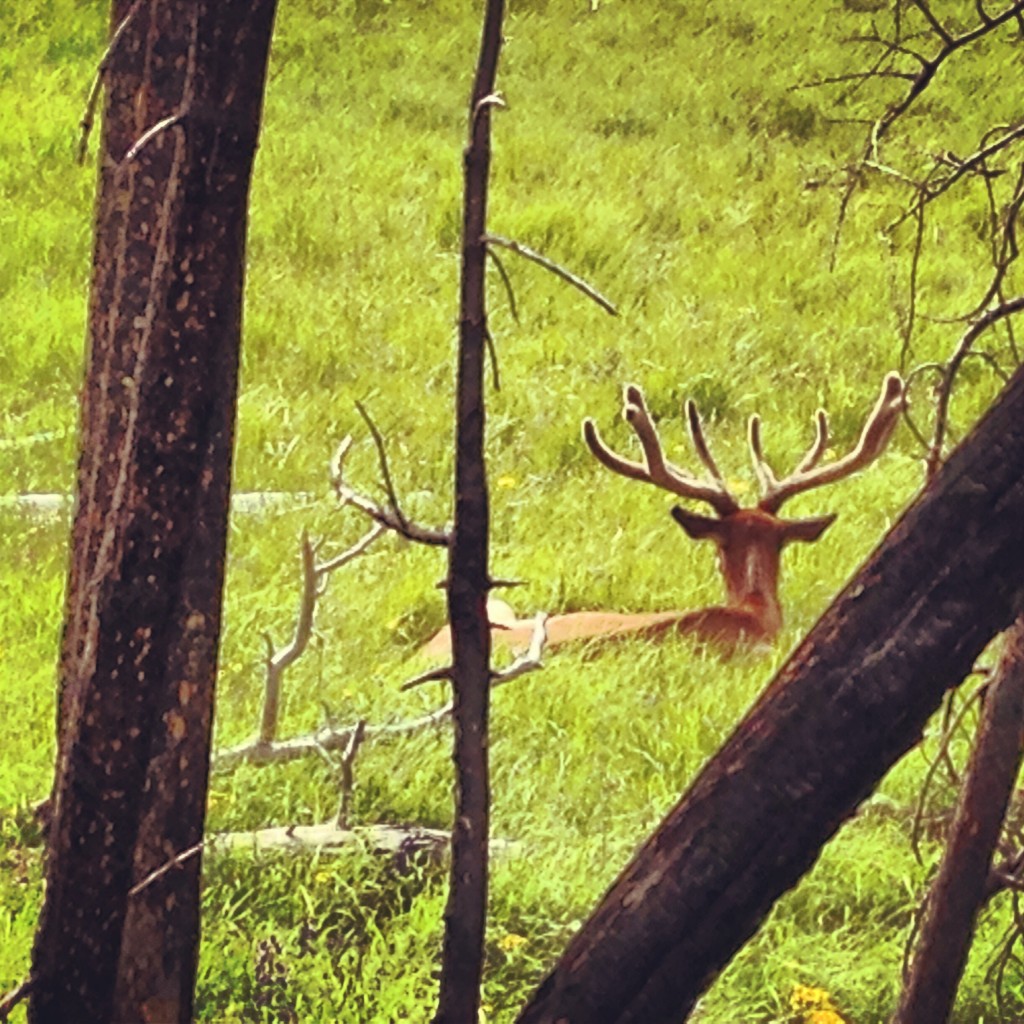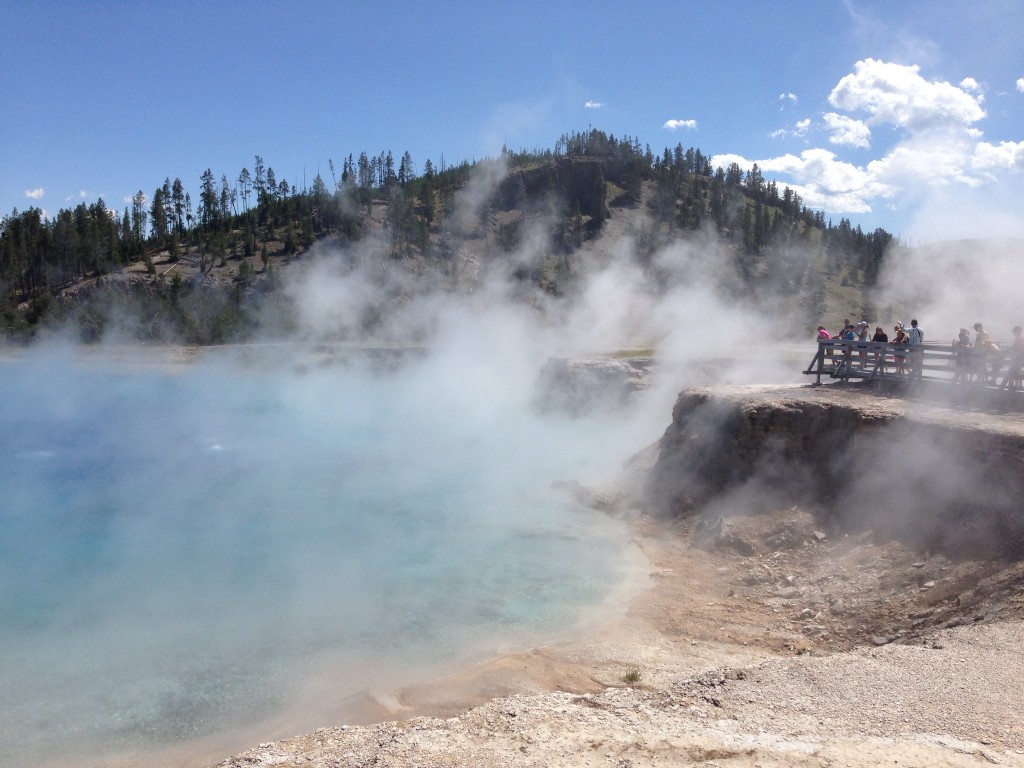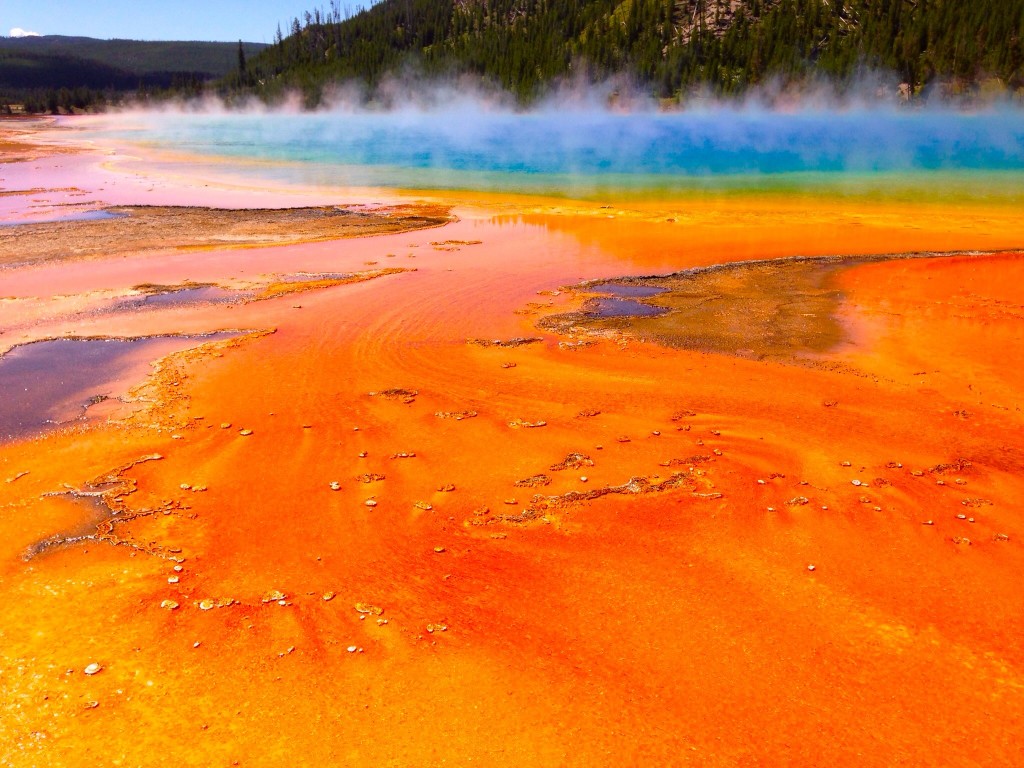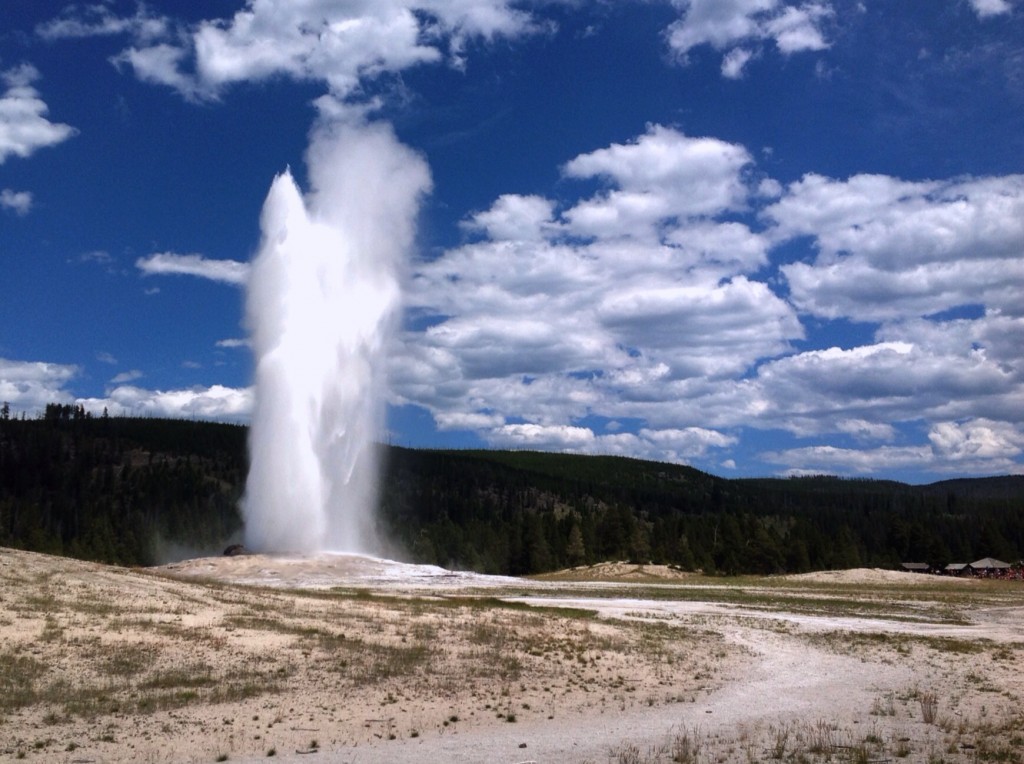This summer has been busy. I’ve had trips to plan, errands to run, housework to do, children to raise and many-an-existential truth to discover. I’ve raced through my day making meals and making phone calls, checking the mail and checking off lists, driving to piano lessons and tennis lessons and fitness camps and fitness classes. These are pleasant enough endeavors, and I’m glad to endeavor them. The problem is that I’m just not very interested any of them. (Raising children excepted.) (Sort of.) My family is healthy and safe and, for the most part, functional. Yes, life is good, except: I’m bored. Busy, but bored.
Let me clarify: I am not bored because I don’t have enough things to do. I’m bored because I have too many things to do that bore me. And worse, things that used to interest me–excite me, even–now just, well, don’t.
Take reading, for example. Once upon a time, I could think of no better way to spend a day than curled up in bed (or on the couch, or in a lawn chair, or at the park pretending to watch my kids) with a good book. A really good book would throw me into ecstasies for weeks, and I couldn’t stop myself from telling everyone I met about it with a loud and tacky exuberance that made my children cringe. The clerk at the grocery store would get an earful as she innocently ran my peanut butter over the scanner, wondering what the devil this random lady was talking about. I didn’t care; I had a personal responsibility to inform her that she must read this book, and fulfill that responsibility I would. Nowadays, however, I can never justify a whole evening of reading; I’m too commendably, impressively busy. And the less I read, the less I want to read. I fall into bed each night thinking, “Tonight, I’ll finally start The Karamazov Brothers.” (It’s been on my nightstand since college.) But then Ethan walks in and wants to snuggle and we read Percy Jackson and I fall asleep. And so nowadays I find myself flipping through Us while standing in the checkout line, hoping to avoid an unnecessary conversation with the clerk or, for that matter, anyone else whom I’ll probably never see again. It’s too much work.
Cooking’s another example. I used to enjoy finding unusual recipes, buying good ingredients, and spending some time in the kitchen getting it just right. I even, in a land long ago and far away, used to have people over for dinner. I loved pretty, well-prepared food; I loved giving it to my friends. I still do, but not quite enough to go to all that trouble. Too much work.
And did I ever tell you I once loved to play the piano? I took lessons as a child and even, a few years ago, as an adult. I am not spectacular at it (don’t ever ask me to play in public–I’ll die), but it was always fun for me. Especially the adult lessons; it was such a luxury, to sit and study a piece of music for no other reason than the fact that I wanted to. But a few years ago I-Got-Too-Busy and quit. How could I justify the half hour a day for practice? There was housework to do, errands to run, children to raise! I couldn’t call myself a true martyr mother if I shirked those responsibilities to dink around on the piano. Besides, what was I ever going to do with my piano playing? Nada. So it was therefore determined to be: too much work.
It’s funny; I’ve spent the last decade of my life dreaming of the day my kids would be older and I’d have time to develop some interests, and yet I find myself with less time–and less interests–now than I had then. And I’m pretty sure this is nobody’s fault but my own. See, when the kids were little, free time was so rare and precious that I had to beg, steal, and swap for it, and I made the most of every minute. Learning something new was a balm for my isolated, toddler-haggled brain. Now, however, I am in-and-out-in-and-out, all the noisy day long, and by the end of that day I just want to heat up leftover taco meat and watch Season 4 of The West Wing. (Which, despite all claims to the contrary, is not an intellectual exercise.) I don’t seem have the energy for passions, or interests, or even hobbies anymore. Too busy. Too tired. Too much work.
In other words? Too lazy. Beneath the crammed calendar and the endless to do list, I’ve gotten–I’ve allowed myself to get–shamefully, mentally lazy. All that crammed calendar means is that my body arrives in ten different places each day and my mind arrives exactly nowhere. Because after making all that manual effort, I certainly don’t want to make a mental one. And the less effort I put into the things that once mattered to me, the less they matter to me. I keep telling myself that, with age, my interests are simply changing, but the truth is, they’re simply fading. Tired of being ignored, they finally got up and left. And I miss them.
Whether it’s people or passions, absence does not make the heart grow fonder. Absence makes the heart indifferent. The less we learn and grow the less we care if we learn and grow and lately, I haven’t cared much about either. So here I face one of the Great Crossroads of Middle Age, and here I have a choice. Because developing interests–and thus becoming an interesting person–is, in fact, a choice.
I can’t always change my family’s schedule or limit their needs to provide more “me” time, and nor do I want to. But I can make more of the time that I have (and I do have it–we all do) by choosing engagement over complacency. I can make the mental effort. Though it seems less than interesting now, The Karamazov Brothers will probably get interesting once I start actually reading it. And cooking for company will probably get fun again once I start (a) cooking, and (b) having company. And I may remember just how satisfying playing the piano is when I start, um, playing the piano. Because I don’t think walking by the instrument every day and throwing a glance at the dusty music books underneath is going to reignite the rapture, impressive as such an effort may sound.
I may not (I will not) have time to pursue all my loves all at once, but I could forfeit the next decade of my life to tabloids and Netflix if I don’t at least try. So last week I exercised a little faith and finally, ceremoniously, opened up The Karamazov Brothers. And guess what? It’s pretty doggone interesting. Sure, they don’t talk as fast and loose as the cast of West Wing, but I don’t think that’s Dostoevsky’s fault. I think it’s the multiple Russian nicknames that are slowing things up. (I wonder if Aaron Sorkin could make a teleplay out of this book? Now that would be interesting.)




